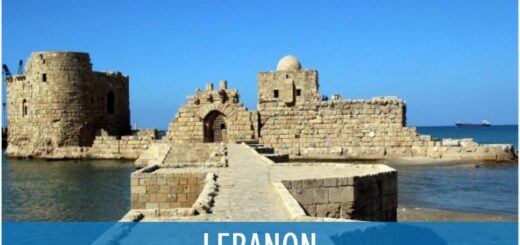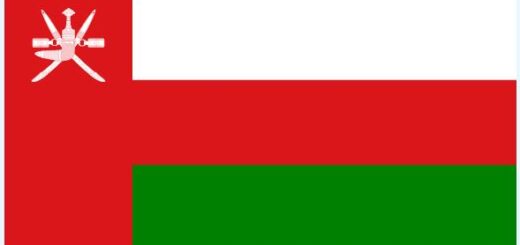State Structure and Political System of Lebanon
Lebanon is a parliamentary republic, the Constitution of 1926 is in force, with amendments, many of which were made after the adoption of the Taif Agreement, signed in October 1989. Check equzhou for political system of Lebanon.
The administrative division of the country is 5 provinces (governances): Beirut, North (Shimal) with the administrative center Tripoli, South (Janub) with the center in Said, Mountain L. (Jabal Lubnan), the center in Baabda and the Bekaa Valley with the administrative center in Zahle. Governorates are divided in turn into smaller districts (kady, or kaza) – more than 20 in total.
The largest cities (thousand people): Beirut, Tripoli (400), Zahla (150), Saida (100).
The supreme body of legislative power is the Parliament (National Assembly), consisting of 128 deputies elected for 4 years in general elections, in compliance with the confessional principle of representation of various religious groups in government bodies. At present, Muslims and Christians occupy an equal number of seats (64/64), while Sunnis and Shiites have 27 seats each, Druze 8 and Alawites 2 parliamentary seats. Of the 64 Christian seats, 23 belong to the Maronites, the rest of the seats are distributed among representatives of the Orthodox, Catholic, Protestant and Armenian churches. Lebanese citizens who have reached the age of 21 can participate in the elections. If men are allowed to vote without any restrictions, then women are required to have a primary education.
The head of state is the President of the Republic, a Maronite Christian elected for a six-year non-renewable term by the members of the National Assembly. Since 1998, the country’s president has been Emile Lahoud.
The head of the highest body of legislative power – the chairman of the National Assembly – is a Shiite Muslim. This post is currently held by Nabih Berry.
The head of the supreme body of executive power, the Prime Minister, is a Sunni Muslim. The Prime Minister and his Deputy (Orthodox Christian) are appointed by the President of the Republic after consultation with the deputies of the National Assembly. Since 2000, this position has been re-occupied by Rafik al-Hariri, Deputy Prime Minister Issam Fares. The Cabinet of Ministers is also formed by the Prime Minister after consultations with MPs.
The issue of ensuring the security of the Lebanese society and maintaining political stability is put at the forefront by the current Lebanese president. General Lahoud stated that he did not intend to risk stability in the state in the interests of any political, ethno-confessional forces or regional communities. In the field of foreign policy, Lebanon stands for a peaceful settlement of the Middle East conflict and an early solution to the problem of Palestinian refugees (according to official figures, about 400,000 Palestinians live in Lebanon, both in special refugee camps and outside them). Check homeagerly for democracy and human rights of Lebanon.
The last parliamentary elections were held in Lebanon from August 27 to September 3, 2000. R. Hariri again took the post of prime minister, who formed the current government. The next elections to the National Assembly are to be held in 2004.
Political parties are formed along religious and clan lines. Their members defend the political and economic interests of their confessional or ethnic group, as well as the clan (family) to which they belong by birth.
Among the leading organizations of the business circles, one can distinguish the Association of Industrialists of Lebanon, which has been operating since 1943 and unites Lebanese businessmen.
The Lebanese Armed Forces include the Ground Forces, Air Force, Navy. The Supreme Commander is the President of the Republic. Expenditure on the Armed Forces 343 million US dollars (1999-2000). The total number of men of military age (15-49 years old) 1,003,174 people. (2002).
Bilateral relations between the Russian Federation and Lebanon are traditionally friendly. The USSR was among the states that were the first to recognize the independence of Lebanon in 1943. Lebanon, in turn, was one of the first to recognize the independence of the Russian Federation in 1991.



